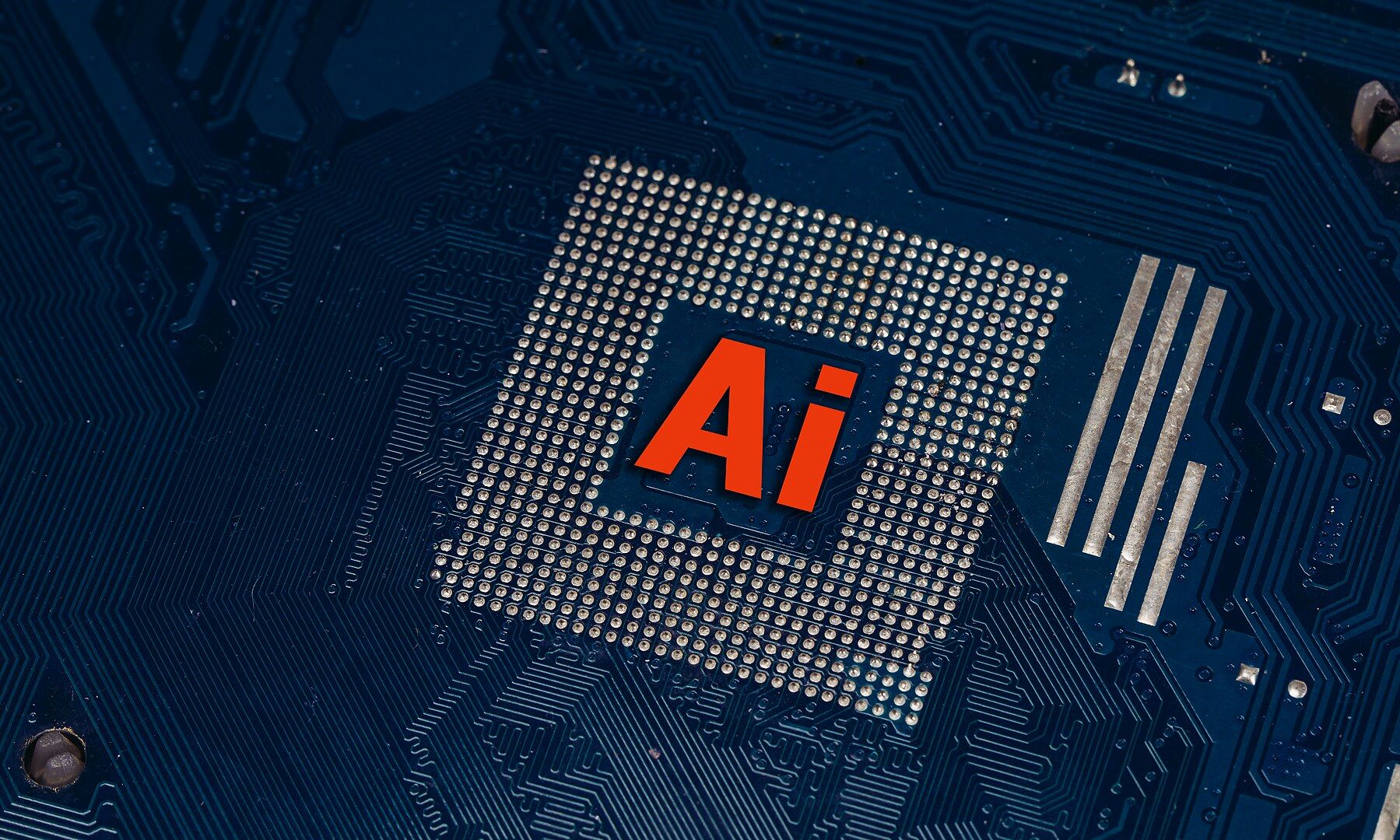(CN) — The Judicial Council of California, the body that makes the rules for the state's court system, announced the formation of a task force to come up with rules governing the use of generative artificial intelligence by judges.
"The use of artificial intelligence in our branch is inevitable," said Chief Justice Patricia Guerrero, who heads the Judicial Council. on Friday. "Our guiding principle needs to be safeguarding the integrity of the judicial process."
Administrative Presiding Justice Mary Greenwood, who headed a working group on AI in the judiciary, noted in a presentation to the council that some judges in China have already started using generative AI — artificial intelligence that generates content, such as ChatGPT — to assist them in rendering decisions, and that that both LexisNexis and Westlaw, the two top legal research portals, have developed products using AI.
Nearly everyone agrees that artificial intelligence is poised to transform countless workplaces and human pursuits, and the courts are no exception. There have been a number of stories of lawyers using ChatGPT to write briefs — some of which cited made-up cases and led to the lawyers being sanctioned. But that's likely to be just the tip of the iceberg. On Thursday, Bloomberg Law reported that the law firm Quinn Emanuel has started to use an AI-powered program to predict judicial rulings.
"We want to be able to control its direction in a deliberate way," Justice Greenwood said. "It is going to be ubiquitous, within our lifetimes."
Greenwood said that AI can likely be used, sometime in the near future, to improve court administration and management and to enhance research and analysis. It might also, she said, somewhat vaguely, be used to "increase access to justice" and "reduce subconscious human biases." But she cautioned that judges must ensure there are ample safeguards in place, as well as transparency. She reminded the council that AI is "a tool, not a substitute for judicial discretion or due process."
Countless governmental entities are scrambling to come up with policies to manage the risks and exploit the possibilities created by generative AI. State Senator Tom Umberg, who sits on the 21-member Judicial Council, said the Legislature is currently considering no less than 55 pieces of legislation regarding artificial intelligence.
"I am informed that models exist today where you can feed in 'discovery motion' or 'summary judgement motion,' and it will produce a memo on its recommended decisions," Umberg said. "This seems like an issue that is right before us, right now. Who decides what kind of transparency is required?"
Santa Clara County Superior Court Judge Erica Yew said AI could be used to give enhanced evidence in court, and likened it to calling an expert witness.
"I think some of this is something we know how to do," Yew said. "We just need to be thoughtful about it."
Guerrero said that the council would form a task force to consider any "action the judicial branch might take on the use of AI in judicial branch."
The state bar is already considering its own code of ethics regarding lawyers' use of AI.
Subscribe to Closing Arguments
Sign up for new weekly newsletter Closing Arguments to get the latest about ongoing trials, major litigation and hot cases and rulings in courthouses around the U.S. and the world.









